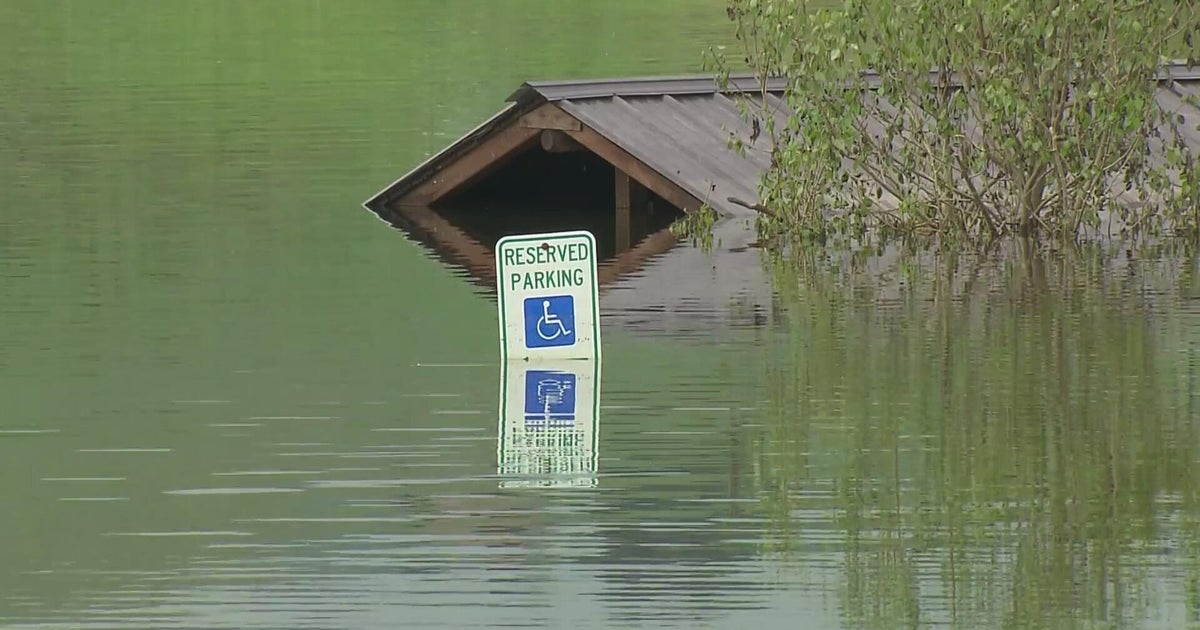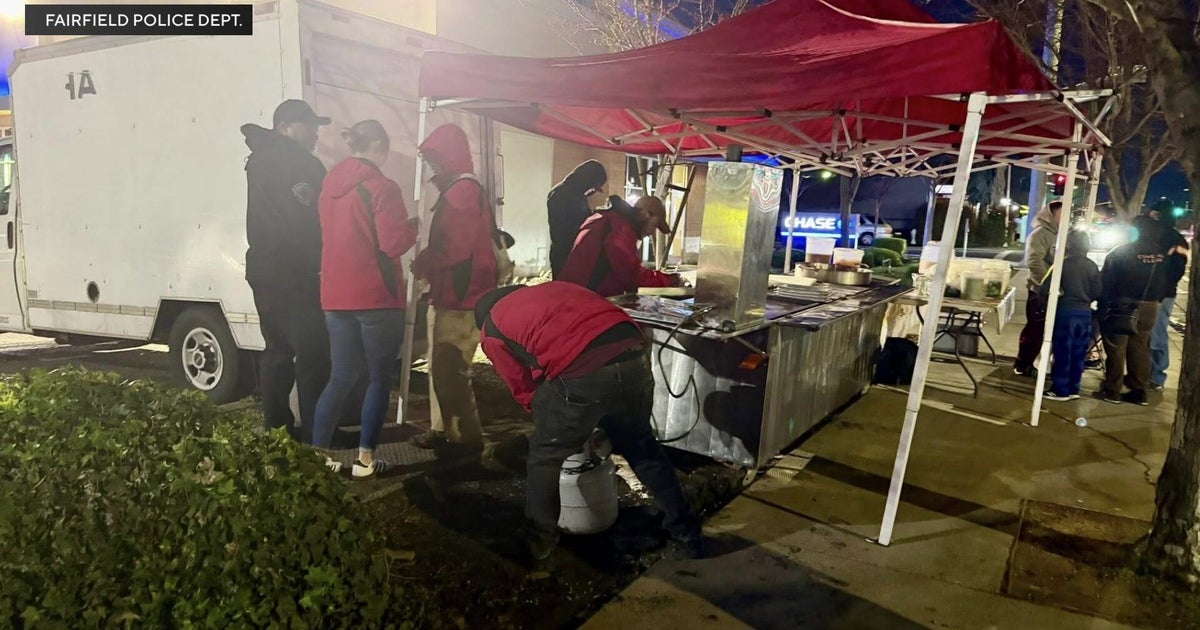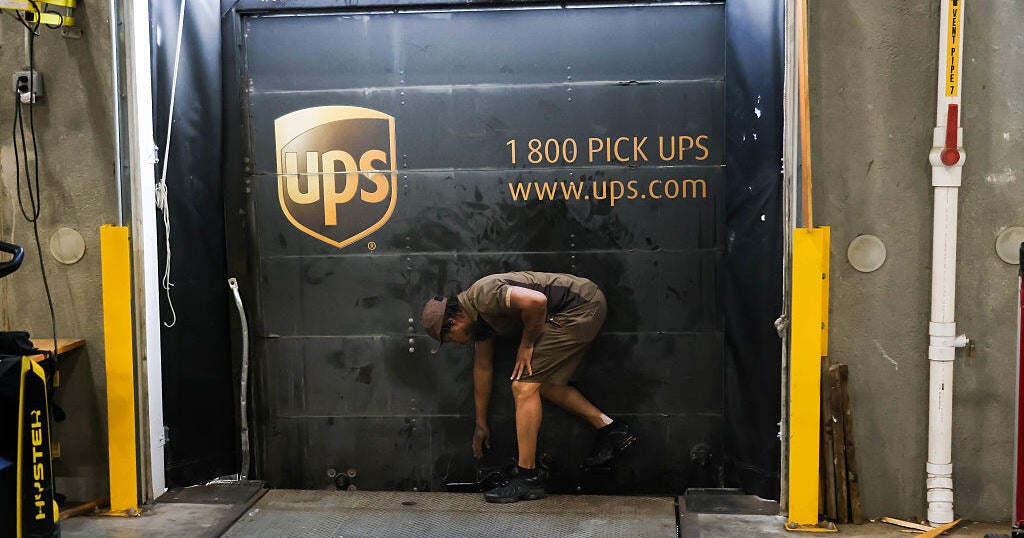Pittsburgh doctor hopes FDA-approved colon cancer blood tests boosts screening rates
PITTSBURGH (KDKA) — A simple blood test to screen for colorectal cancer was approved by the U.S. Food and Drug Administration.
According to the American Cancer Society, 53,000 people will die of colorectal cancer this year and less than 60 percent follow screening guidelines. Doctors are hoping the newly approved screening tool will help change that.
"I'm very happy that we have an additional tool in our toolbox to help people get screened for colon cancer," said Dr. James McCormick, chief of colon and rectal surgery at Allegheny Health Network.
Dr. McCormick is excited about the FDA-approved first-of-its-kind blood test. It's meant for people 45 and older with an average risk for the disease.
"You just get your blood drawn. What they're doing is looking in the blood for circulating tumor DNA. So, DNA that the tumor will have released into the blood, and it would be able to detect that," Dr. McCormick said.
In Guardant Health's clinical trials, the blood test was 83 percent accurate in detecting cancer that's already formed.
"That's someone who's already has a cancer. For the precancer solutions, unfortunately, it's down in the 13 to 20% range that it can pick that up. So, it's not going to pick up those polyps before they become cancer," he said.
The Shield test is not a replacement for colonoscopies. Any positive blood test result would then require a colonoscopy.
"It's different from a colonoscopy, which is the traditional screening test that we offer people, where we can take precancerous tumors at the time of the colonoscopy and remove them before they can become cancerous tumors. That's still the best screening test, and really the only test that you should have if you have any symptoms at any age," Dr. McCormick said.
McCormick reiterated that people who get symptoms at any age should get screened and that everyone should be screened for colon cancer at age 45. He said despite efforts to spread the word, 20 or 25 percent of people never get screened.
He hopes the blood test will help boost the rate of screenings and save more lives.
"If there's a reason that they're not getting screened that is solved by the Shield test, then we'll take it. We'll get them in that way," Dr. McCormick said.
This approval comes at a time when more people have been developing colon cancer at younger ages.
"We're even seeing patients in their 20s and 30s with colon cancer, even with no family history. And we have no idea why or who is going to be affected by this," Dr. McCormick said.
He said never to ignore symptoms. If something is different with your bowel, fight for yourself and make sure you get the test you need.
"Anytime there's bleeding, there's abdominal pain, anytime there's a change in the way your bowels work that persists more than just a few weeks, definitely call your doctor and insist upon getting a colonoscopy," Dr. McCormick said.
The Shield test has been used by doctors for high-risk surveillance after treatment. A stool test is another screening tool that's available.
Dr. McCormick said if a blood test and a stool test are negative, those would probably be repeated every three years. Negative colonoscopies only need to be done every 10 years.







